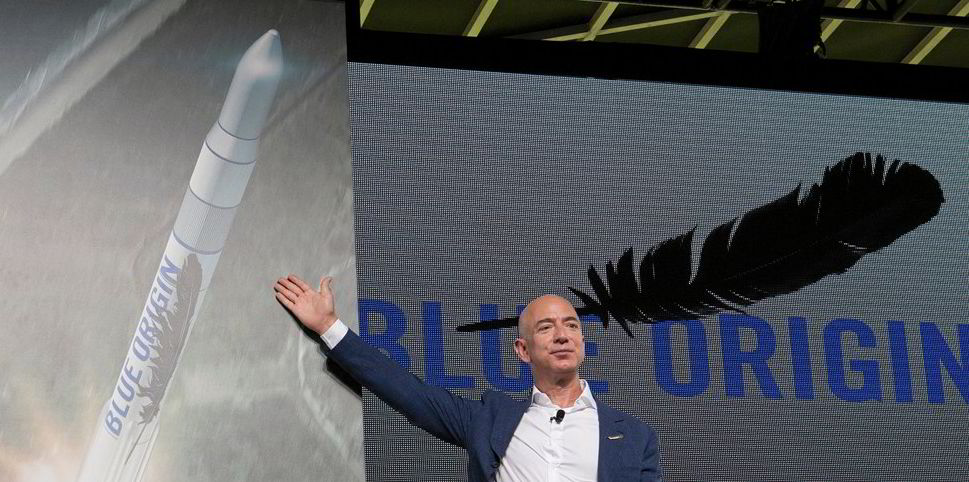Covid-19 has changed the way many companies think about the digital world, but will it lead to substantive change in shipping?
Despite endless conferences on glamorous-sounding topics such as automated vessels and artificial intelligence, the maritime industry has been slow on the uptake of new information technology (IT).
Shipping remains a conservative industry that is happy — as far as possible — to stick to traditional tried and trusted ways.
And given the relatively low-profit margins available outside of asset play around freight fluctuations, few owners are willing to take gambles.
But the industry is being forced to rethink innovation due to two external threats: the pandemic and the need for decarbonisation.
Transforming lives
Those threats have made shipping think quickly in terms of Covid-19, but also long and hard about clean fuels. Then there is the real — but longer-term — opportunity or threat of competition from, say, crewless vessels.
These are challenges that must be overcome, and reviewing attitudes to IT is now part of the mix.
There is a growing realisation that much of the debate so far has been around those grander conference darlings: artificial intelligence and automated vessels, or predictions that Big Data companies such as Amazon will eventually get heavily involved in physical shipping.
But the pandemic has shown that tiny changes in practices can get around social-distancing problems — and cut costs.
Enter the Zoom call. It is a simple bit of standard technology. All you need is a wifi connection.
Satellite communications
But it has transformed many onshore working lives by cutting commuting and could allow companies to do away with large offices in high-cost locations.
Do we really care when we ring a shipbroker whether he is in Leadenhall Street in the City of London or at home in a leafy village?
An extension of the Zoom call is video conferencing, using satellite links rather than broadband. This has also become more prevalent since the outbreak of Covid.
The best upgraded software systems can offer strong, secure ship-to-shore communications at reasonable prices, their promoters insist.
Young seagoing and onshore staff, in particular, tend to appreciate and understand new technology instantly
Satellite communications specialist IEC Telecom said demand for its digital technology had risen tenfold because of Covid.
On-board sensors allow owners to collect ever-greater amounts of data about the state of a ship and its operational efficiency.
But it all requires the cooperation of staff on board and on shore.
Alexander Buchmann, chief executive of Hamburg cloud solutions provider Hanseaticsoft, believes shipping is “years behind”, but that the pandemic has accelerated the uptake of technology significantly in the past year. He advocates companies taking small steps.
One Hanseatic customer, PT Shipmanagement, confirmed it is a big supporter of cloud computing, which could cut huge amounts of time-consuming paperwork.
Patrick Toll, managing director of the Hamburg ship manager, claims four hours of shipboard reporting can be reduced to a single hour by using relatively simple software systems.
‘It’s a generational thing’
Young seagoing and onshore staff, in particular, tend to appreciate and understand new technology instantly. “It’s a generational thing,” Toll said, recognising that it is more difficult for older staff to accept change from old ways.
Some technology experts say the biggest obstacle to installing streamlined digital systems in shipping companies can be the existing IT department.
Staff there see threats to their jobs and can throw tacks on the road by warning senior executives that their IT dreams will compromise security and customer confidentiality.
Yet well-trained, digitally savvy on-board staff can feel more in control as they monitor their own vessel and order supplies in advance. Some ships are now taking delivery of medical and other supplies using drones.
Clearly, Covid has led to many redundancies as business levels slump. It has also offered a chance for less scrupulous employers to make cuts they have wanted for a long time, under cover of the pandemic.
A study by McKinsey out late last year said coronavirus had sped up the adoption of digital technologies by several years.
Shipping needs to get on board — even if it is one step at a time.







